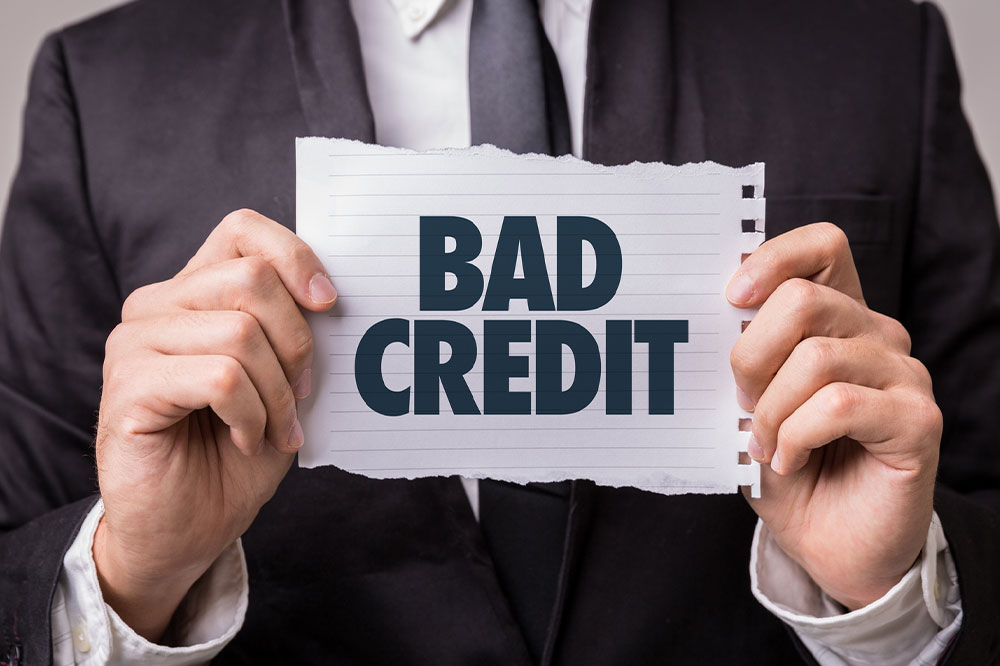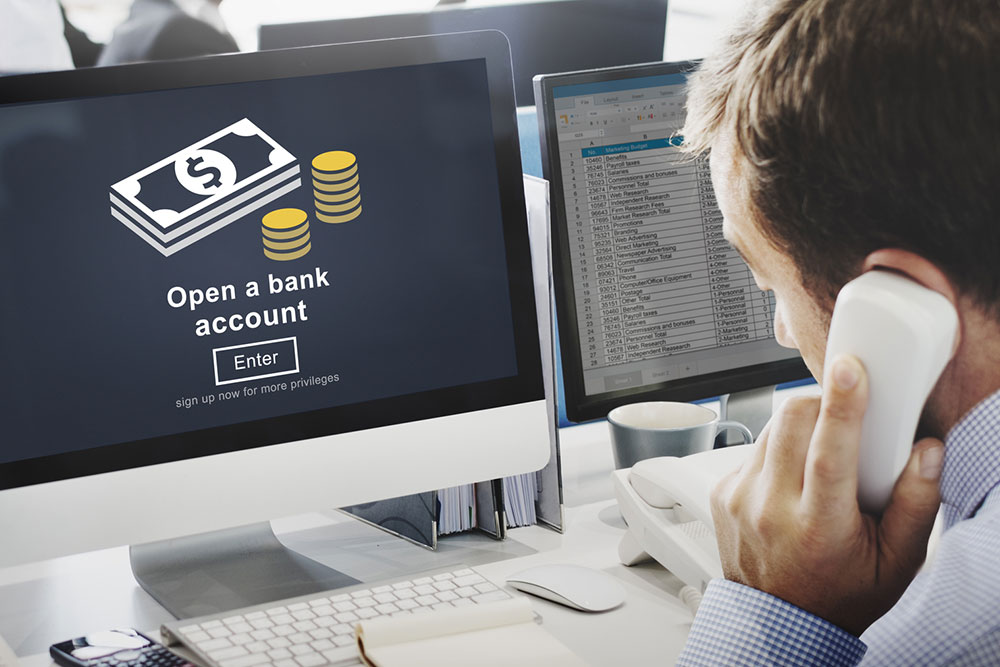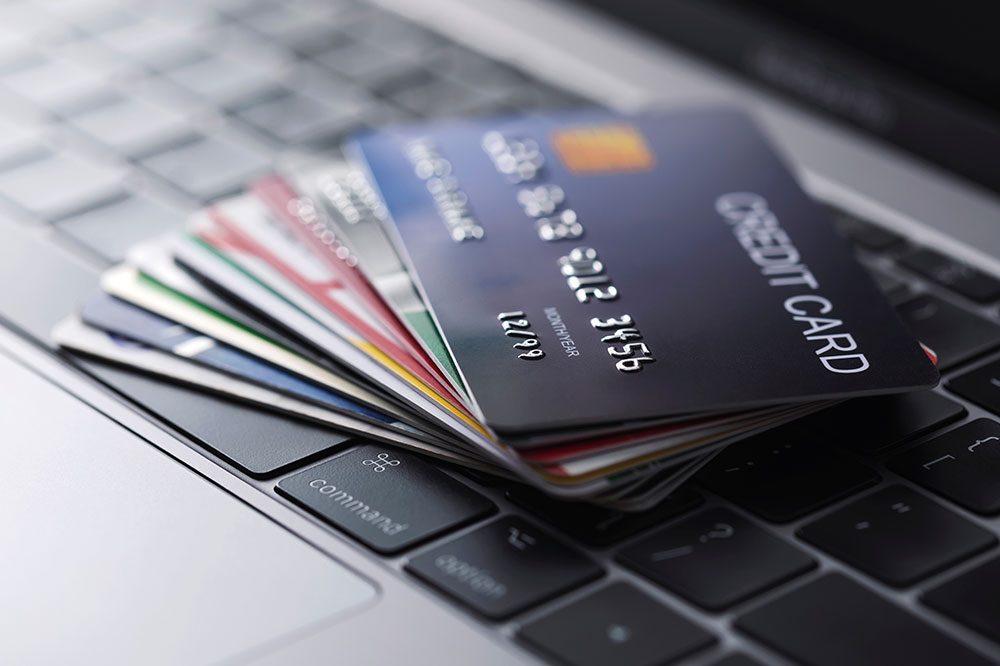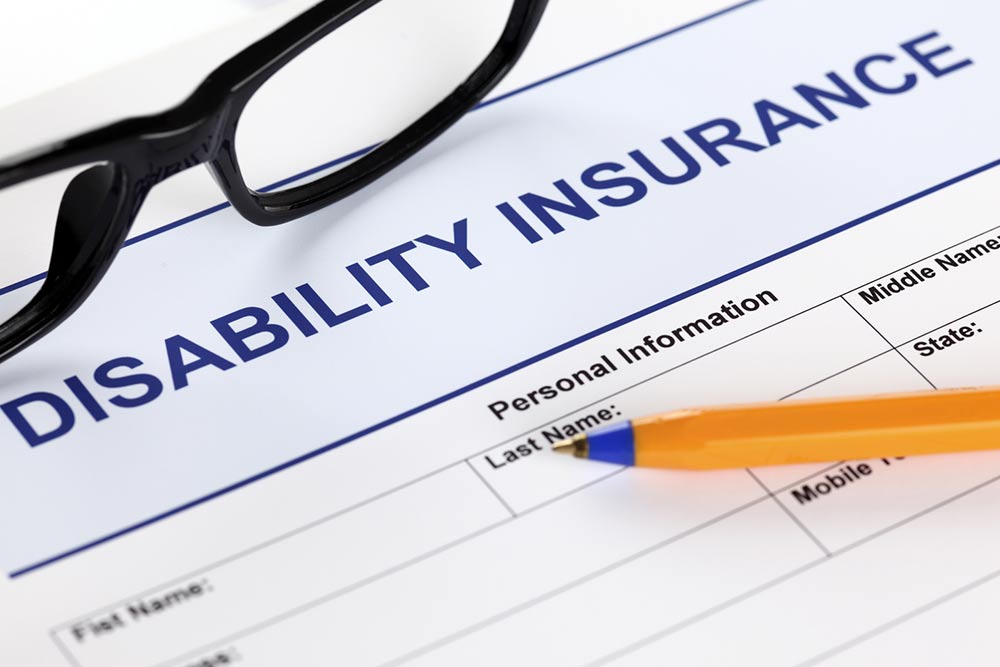
3 apps that can help improve credit score
A credit score is a measure of one’s creditworthiness, usually presented as a 3-digit number between 300 and 850. If one has a higher score, it makes one a better candidate for loans. However, a bad credit score can make it challenging to obtain loans. Fortunately, some apps available in the market can assist one in improving one’s credit score. Continue reading this article to learn about the best apps to help improve a bad credit score. 3 apps to help improve a bad credit score Credit Karma With an experience that spans more than a decade, Credit Karma is one of the best apps to consider when trying to improve a bad credit score. One may come across various beneficial tools that can trigger changes in the credit score while using this app. This includes access to one’s credit report, tips to increase credit score, and even products that can prove beneficial in saving money. Experian As a credit-building software, Experian gives its customers access to adaptable and straightforward offerings. This comprises access to FICO and Experian credit scores, the Experian Boost feature, credit score change alerts, and credit card recommendations. All of these features are available to users for free, providing them with easy access to all the necessary information.
Read More 










